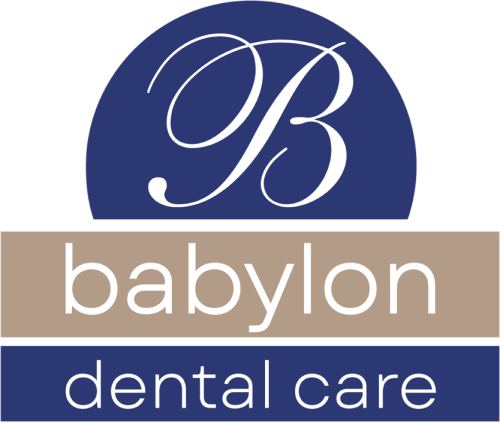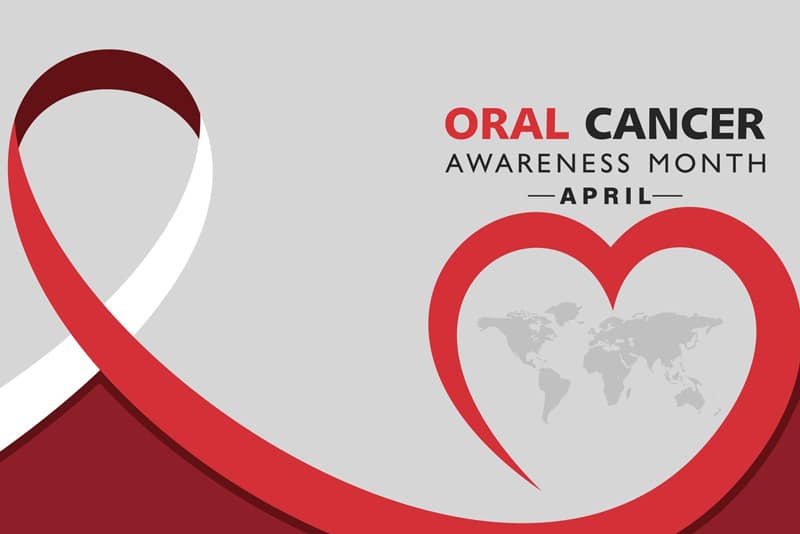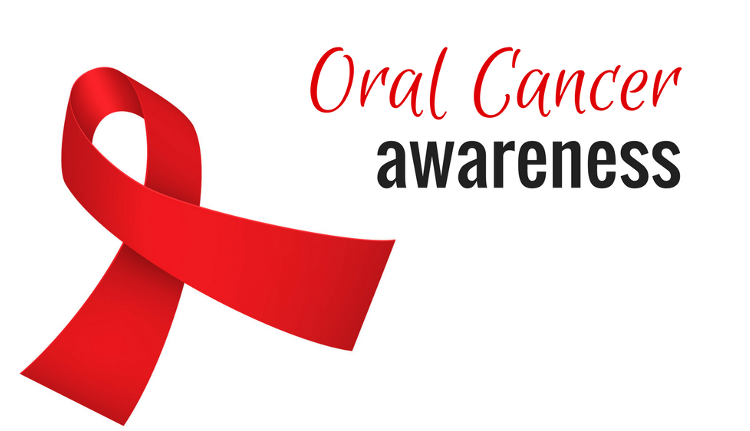This April marks the 23rd Annual Oral Cancer Awareness Month, and the team at Babylon Dental Care is once again raising awareness about the opportunity of oral cancer screenings and how important early detection can be.
Having your dentist provide a routine oral cancer examination is the best method for early detection of oral cancer. We highly encourage all of our valued patients to schedule an appointment with us to check for signs and symptoms of oral cancer and to contact us if they don’t improve or disappear within a few weeks.
Who Is At Risk?
People can get oral cancer at any age. Over 49,000 people are diagnosed with oral cancer every year in the US. 750 people die from it every year in America, and over half of those diagnosed survive for over five years. In general, men tend to develop it more often than women.
Your dentist is your partner in detecting and treating oral cancer, so regular checkups are critical to prevent the disease. At your appointment, they will check for spots and lumps in your mouth, including in your cheeks, on the roof of your mouth, and under the tongue.
The team at Babylon Dental Care has extensive experience in diagnosing and treating oral cancer. Dr. Harold Gaynes has treated patients with oral cancer, and he is invested in making sure that issues are detected and treated early before the condition worsens.
How Is Oral Cancer Diagnosed?
A flat red or white spot that does not hurt is the most typical cancer symptom. People get sores in their mouth that are not cancerous, but if you detect one you should schedule a dental appointment so your dentist can check it out.
There are new ways to detect if the sore is cancerous or precancerous, such as using a small brush to collect cell samples from the sore, then sending them away to the lab. The procedure can be done in the dentist’s chair and is typically not painful. Depending upon the lab analysis, the dentist will decide if the patient needs treatment.
You can detect a spot or sore that could be cancerous if you know the specifics about whether mouth sores are problematic. Look for:
- A red or white patch
- A sore that bleeds frequently or doesn’t heal
- A thick, hard spot or lump
- Rough and/or crusty skin on the lump
- Numbness on the hard spot
- Pain or tenderness on the lump or lesion
- A change in the way your teeth fit together when you chew or bite down
- If you develop problems chewing, moving your jaw to speak, eat or swallow.
- A feeling that there is something in your throat or mouth
- Pain in the throat that persists
- You develop tinnitus or your hearing begins to degenerate
Healthy habits could help you decrease the likelihood you will get oral cancer. Naturally, you should stay away from tobacco, even chewing tobacco. Avoid drinking too much alcohol. Human papillomavirus (HPV), which can give women cervical cancer and men prostate cancer, could also lead to cancer of the back of the throat called “oropharyngeal cancers.”
Contact Babylon Dental Care
Routine dental check-ups are a critical way to prevent oral cancer. To learn more, visit the Oral Cancer Foundation’s Check Your Mouth™ initiative at www.checkyourmouth.org, and contact your trusted dental experts at Babylon Dental Care to schedule your checkup today.


